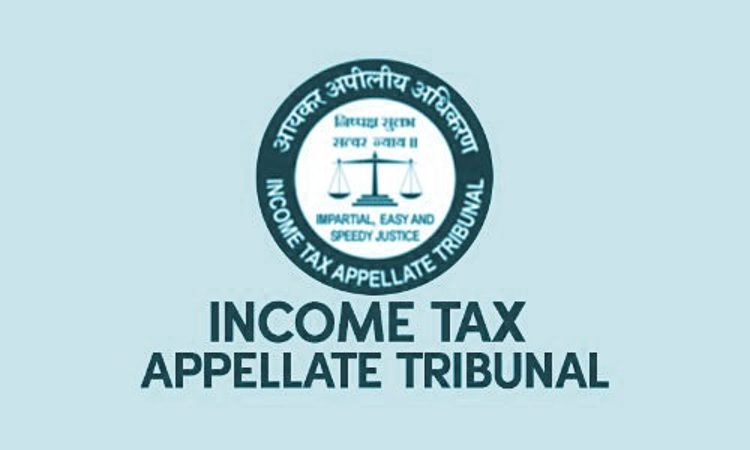While setting aside the order u/s 68 of the Income Tax Act, 1961 passed by CIT(A), the Mumbai ITAT restored the entire disputed issues to the AO along with the additional evidence to decide the case afresh on merits, so that the assessee should be provided adequate opportunity of hearing.The Bench comprising Pavan Kumar Gadale (Judicial Member) observed that, “the evidences play important...

